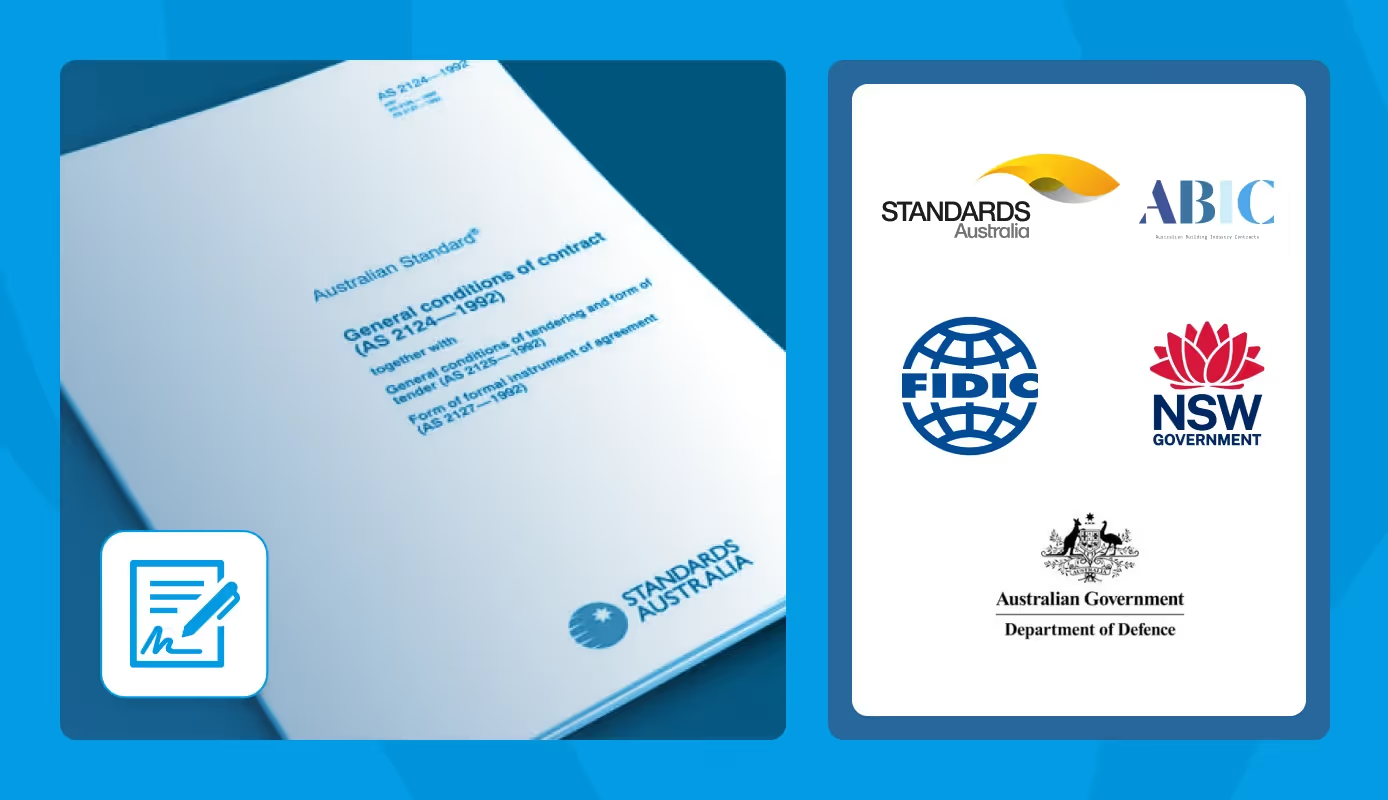Construction projects can be full of surprises, and not all of them are pleasant. When contracts are in play, disagreements over terms, obligations, or expectations can arise. These disagreements, known as a construction contract dispute, can disrupt timelines, strain relationships, and inflate costs if not resolved promptly.
So, how do you handle these contract disputes without derailing the project? The answer often lies in three key methods: negotiation, mediation, and arbitration. Each offers a unique approach to resolving disputes, and knowing when and how to use them can save you time, money, and headaches.
What is a Construction Contract Dispute?
Construction contract disputes occur when parties involved in a project disagree over the terms of their agreement or when one party fails to meet their obligations.
These disputes can arise for various reasons, including:
- Misunderstandings or conflicting interpretations of contract terms.
- Breach of contract, such as failure to perform work on time or as agreed.
- Issues related to shared intellectual property or confidentiality agreements.
For instance, let’s say a contractor agrees to complete a building foundation by a specific date but misses the deadline without justification. This failure to deliver on time could lead to a dispute over damages or penalties.
If there’s no clear resolution plan, these disputes can escalate quickly, causing delays and financial strain. That’s why including robust dispute resolution clauses in contracts is vital.
These clauses outline how disagreements will be handled, making it easier to resolve issues without escalating to litigation. Learn more about effective contract administration to avoid misunderstandings from the start.
Why Is Resolving a Contract Dispute Quickly Important?
Unresolved contract disputes can snowball into serious problems, impacting not just the current project but future opportunities as well. Consider the following consequences of letting disputes linger:
- Financial Losses: Delays caused by disputes can increase project costs and lead to penalties.
- Reputational Damage: Unresolved conflicts may harm relationships with clients and stakeholders.
- Project Delays: Disputes divert attention and resources away from completing the work.
Timely dispute resolution keeps projects moving forward and helps preserve professional relationships.
Imagine negotiating a complex deal for a new project while dealing with unresolved issues from an old one. Wouldn’t it be easier to focus entirely on the new opportunity instead? That’s the power of addressing disputes early.
Proven Methods to Resolve Contract Disputes
When conflicts arise, you don’t have to head straight to court. Alternative Dispute Resolution (ADR) methods like negotiation, mediation, and arbitration offer effective ways to handle disagreements while avoiding lengthy litigation.

How Does Negotiation Resolve Contract Disputes?
Negotiation is often the first step in resolving contract disputes. It involves open communication between the parties to reach a mutually acceptable solution without outside intervention.
The benefits of negotiation are clear:
- Cost-Effective: It’s cheaper than mediation or arbitration since no third party is involved.
- Preserves Relationships: Direct discussions foster goodwill and collaboration.
- Quick and Flexible: Resolutions can be reached faster, allowing both parties to move forward.
For example, if a subcontractor disputes the scope of their work, a direct conversation with the contractor might clarify expectations and avoid further escalation.
Similarly, understanding how to dispute an invoice from a contractor effectively can prevent minor billing disagreements from turning into larger conflicts.
What Is Mediation in Contract Disputes?
Mediation introduces a neutral third party, the mediator, who facilitates discussions between the disputing parties. The mediator doesn’t make decisions but helps the parties find common ground.
The advantages of mediation include:
- Collaborative Approach: Parties work together to find a solution.
- Confidentiality: Discussions during mediation remain private.
- Flexible Outcomes: Unlike arbitration, solutions are not strictly binding unless agreed upon.
Mediation works best when parties are open to compromise but need guidance to overcome communication barriers.
For instance, in disputes involving shared resources or overlapping responsibilities, a mediator can help untangle misunderstandings and keep the project on track.
Incorporating dispute resolution provisions that encourage mediation can make this method a seamless part of your project management plan.
What Is Arbitration in Contract Disputes?
Arbitration is a more formal process for resolving contract disputes compared to negotiation or mediation. It involves a neutral third party, called an arbitrator, who listens to both sides and makes a binding decision.
Unlike mediation, where parties collaborate to find a resolution, arbitration delivers a definitive outcome.
The Benefits of Arbitration:
- Finality: The arbitrator’s decision is binding, which means no more back-and-forth.
- Efficiency: Arbitration is faster than litigation and avoids lengthy court procedures.
- Expertise: Arbitrators often have industry-specific knowledge, making them well-suited to handle technical disputes.
Arbitration is ideal for contract disputes that require a clear, enforceable resolution.
For example, if a contractor claims payment for completed work but the project owner disputes its quality, arbitration can quickly determine whether the payment is justified.
Take note that it’s important to weigh arbitration’s costs against its benefits—it’s typically more expensive than negotiation or mediation but far less costly than litigation.
Pro Tip: Include a robust certificate of practical completion clause alongside arbitration terms to add clarity and prevent unnecessary delays.
How Do You Choose the Best Contract Dispute Resolution Method?
Not every method fits every contract dispute. The right approach depends on the nature of the disagreement, the relationship between the parties, and the urgency of resolution.
Factors to Consider When Choosing a Method:
- Complexity of the Dispute: Technical or multi-faceted disputes may require arbitration for a binding decision.
- Relationship Dynamics: If preserving the relationship is key, mediation or negotiation might be better suited.
- Costs and Timeframes: Negotiation is typically the quickest and least expensive option, while arbitration can be faster than litigation but comes at a higher cost.
For issues such as payment disagreements, knowing how to dispute an invoice from a contractor can provide a starting point for negotiation or mediation.
When these methods fail, involving building contract dispute lawyers ensures you have the right guidance to navigate arbitration or court proceedings.
Not sure how to handle your construction contract dispute? Our contract dispute calculator’s got you covered! Just input your project details, and we’ll help you figure out the best way to resolve it.
It’s perfect for contractors, project owners, and anyone in construction who wants smart, stress-free solutions.
How Can Construction Professionals Avoid Contract Disputes?
Prevention is often the best cure. While resolving disputes efficiently is important, avoiding them altogether saves time, money, and stress.
Proactive measures during contract administration can minimise misunderstandings and reduce the likelihood of disputes.
Tips to Avoid Disputes in Construction Contracts:
- Clear and Detailed Contracts: Clearly outline responsibilities, deadlines, and payment terms. Avoid vague language that can lead to misinterpretation.
- Open Communication: Regular updates and discussions help prevent surprises and misunderstandings.
- Comprehensive Record-Keeping: Document all agreements, changes, and communications to create a reliable paper trail.
- Early Legal Counsel: Consult legal professionals when drafting or reviewing contracts to ensure compliance and clarity.
For example, imagine a contractor documenting every change order and sending regular updates to the project owner. If a disagreement arises, the detailed records provide evidence that can resolve the issue quickly, avoiding escalation.
Pro Tip: Focus on proactive contract administration to ensure smoother projects and stronger professional relationships.
So, What’s the Best Way to Handle Contract Disputes in Construction?
The best way to handle construction contract disputes depends on the issue. If the disagreement is small or easily resolved, negotiation offers a fast and cost-effective solution.
When discussions need extra guidance, mediation can bring a neutral voice to the table. For more complex problems, arbitration provides a binding decision without the drawn-out process of litigation.
Of course, your choice should depend on the complexity of the dispute, your priorities, and the relationships involved. Clear contracts, open communication, and well-thought-out dispute resolution clauses make all the difference.














.avif)

.avif)
